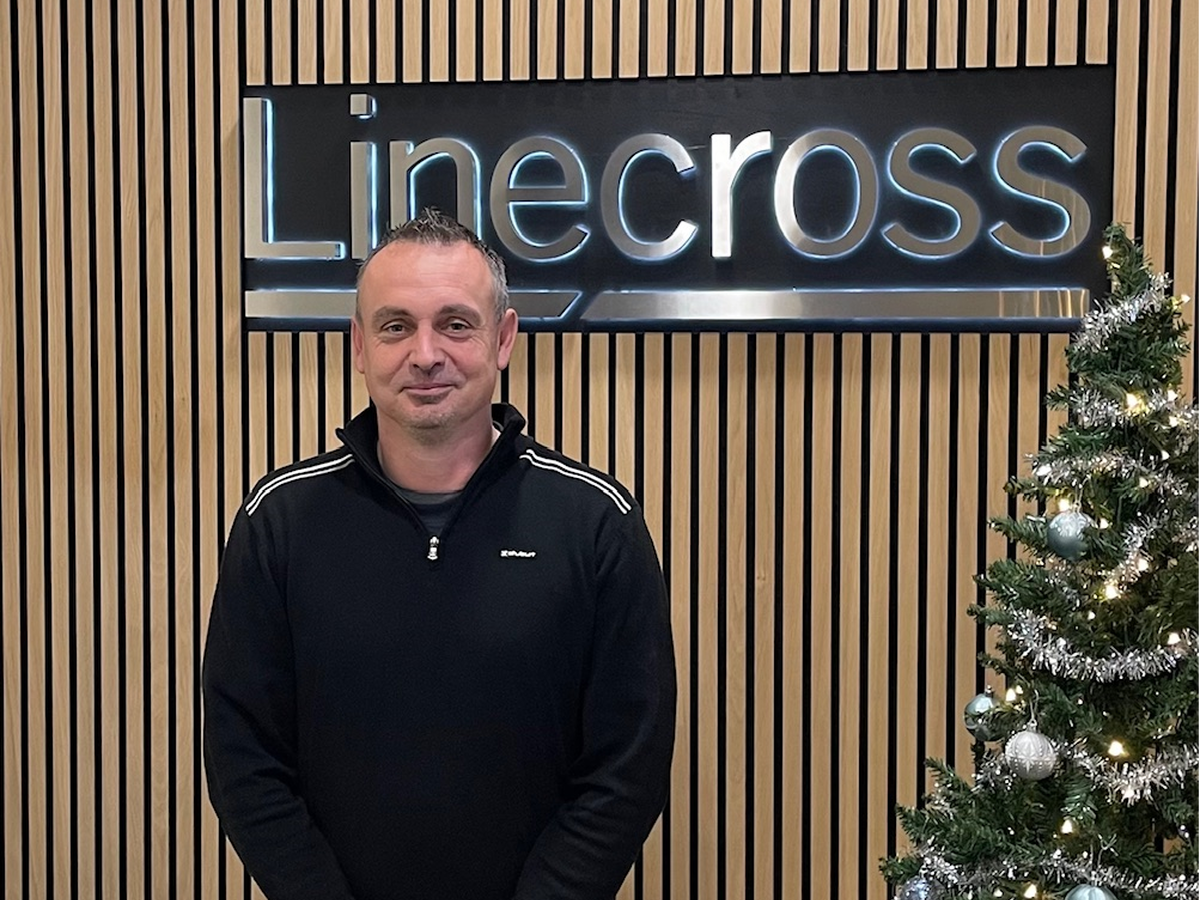1. How long have you worked at Linecross, and what initially attracted you to the company?
I’m rapidly approaching the 9-year mark, and it’s flown by. I had known Linecross for several years before joining, as we were all part of a group of companies committed to training and apprenticeships for engineering and polymer processing. When Linecross added Injection Moulding to its portfolio after acquiring BI Composites in Cannock, I was given the rare opportunity to rebuild the department. At the time of joining, we were embarking on some very technically challenging projects and with each new programme that level of technological advancement seems to go up another notch. It’s a cliché, but at Linecross, no two days are the same!
2. How has your role developed during your time here?
My role has essentially developed with the business. The advantage of working for a company like Linecross is the management team focuses on the day-to-day running of the production halls. I try to be as hands-on as possible, which has allowed the realisation and introduction of new projects to happen without the type of barriers that can appear in companies with less flexibility built into their management structure.
3. What is the most rewarding part of your job?
Every day, there is the opportunity to solve a problem. Pushing the limits of what is possible is an important part of why I enjoy my job. We approach challenges from the perspective of ‘Why wouldn’t it work?’

4. How extensive is Linecross’ injection moulding operation, and what capabilities are offered?
Linecross injection moulding hall currently has 14 machines ranging from 50 tonnes to 2300 tonnes clamp. This means we can manufacture small parts like plastic washers and large parts like car door panels. We use many material types, from high-end engineering grades to commodity plastics like Polyethylene. As we have grown, we have designed flexibility into the injection moulding hall and have become very adept at receiving existing tooling that customers want or need to transfer at short notice.
5. How have Linecross' recent investments in injection moulding machines enhanced operations?
Our machines are selected based on technical capability. We buy the best on an application-by-application basis, which includes the machines and the critical ancillary equipment needed to condition the materials we process. Introducing automation to the department has allowed us to improve efficiency and repeatability. We specify that our machine manufacturers fit integrated cartesian (beam) robots as part of a new machine cell. These are simple to set up but can also be used for more advanced operations such as trimming and stacking.
6. How do you work with customers to ensure they get the most from Linecross' injection moulding capabilities?
Where possible, we try to showcase the best technologies available. Sometimes this means further investment in specific equipment or tooling, but we will always advise customers on designing parts and tools for the best repeatable quality possible. Over the last 5 years, we have had over 50 key customer delegates on-site for bespoke training courses to improve the awareness of aspects of polymer processing relevant to their roles. They are great fun to deliver, and where possible, we add Linecross team members into the sessions so that more people are getting the same training, even at an appreciation level. It is also a platform to have open table discussions about subjects that aren’t always clear cut, such as material selection and recycled grades of plastic.
7. What developments do you see shaping the future of injection moulding at Linecross?
Automation combined with high-end visual and functional technologies will dominate the core programmes in the future. The improvements in EV vehicles and lightweighting technologies needed to advance this will be critical, requiring slightly more investment in bespoke equipment. Linecross will further define itself as a company adapting to markets and technology better than the processors of the past.
web design - Dsquared